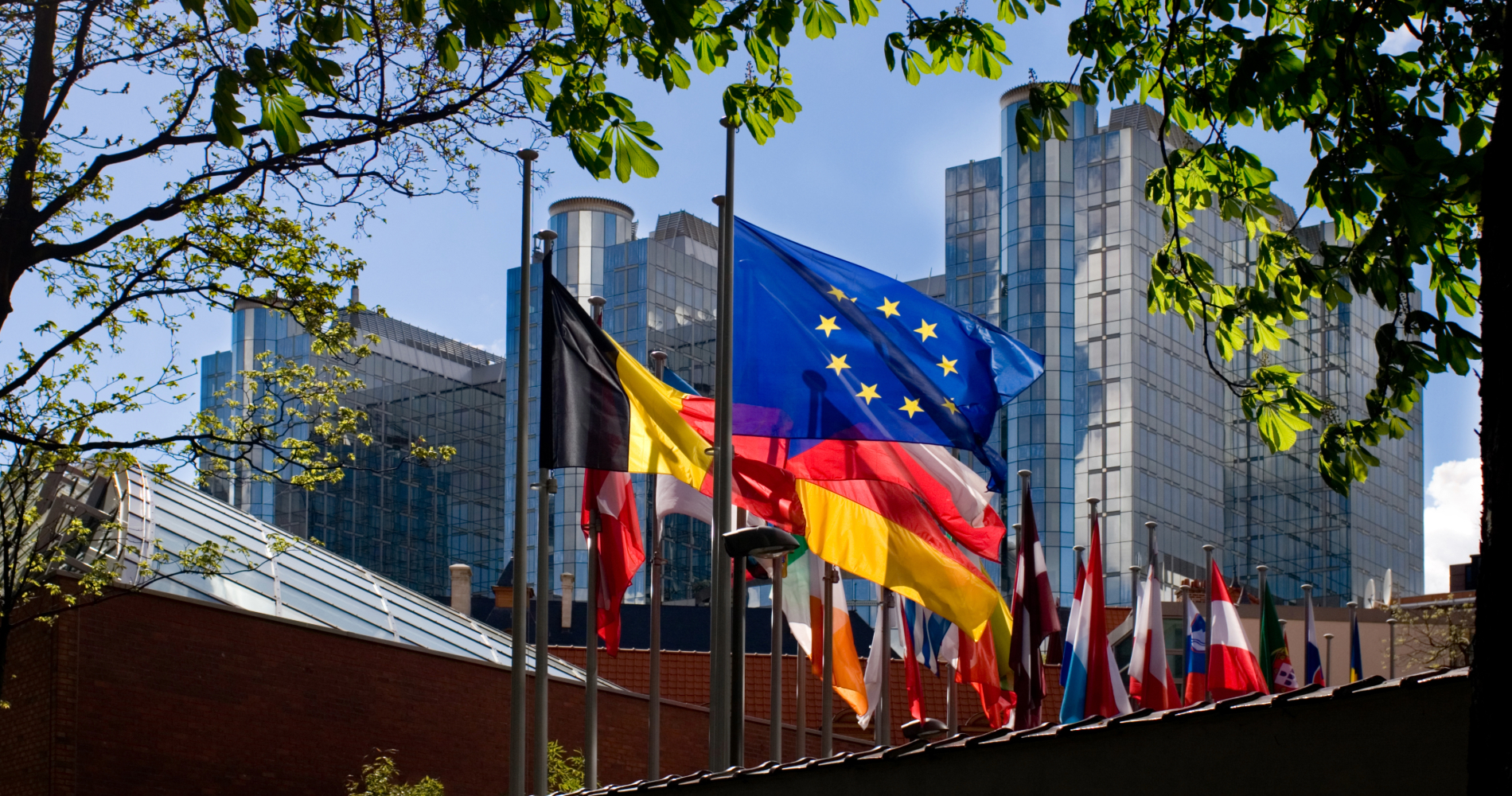Despite the provincial government’s insistence that its budget cuts would strike a balance among those affected, Wednesday’s budget sure seemed to favour some over others. While the government’s budget cuts and tax increases landed disproportionately on the shoulders of the poor, it simultaneously lavished multiple tax breaks on corporations.
That the government saw the fiscal crisis as an opportunity to reduce corporate taxes while slashing programs and services that the poorest in our province rely on can only be characterized as both cruel and unusual.
First there are the mean-spirited cuts to funeral services for social assistant recipients, that will save the government a mere pittance. The government is also reducing the already meagre allowance of social assistance recipients, reducing the Transitional Employment Allowance (TEA) by $20 per month and the eliminating the $20 per month travel benefit for SAP and SAID clients in residential care.
More ominously, the government – adopting rhetoric reminiscent of the United Kingdom – appears poised through a scheduled review to ramp up surveillance and investigation of clients in the hopes of reducing eligibility and clawing back benefits.
The elimination of the Saskatchewan Transportation Company will also disproportionately impact those in the province that have no other means of affordable transportation to travel through the province. Similarly, cuts to libraries will reduce programming and resources that so many people of limited means rely on for both education and leisure.
On the other side of the ledger, the government’s intention to shift the tax system from the more progressive income tax to more regressive consumption taxes will also excessively burden the poor. Consumption taxes are regressive because they consume a larger share of income for lower-income people than for higher-income people.
For example, CCPA BC Senior Economist Marc Lee’s study of tax fairness found that the lowest income decile of Canadian families paid 17 percent of their income in consumption taxes, while the highest income decile paid only 3.2 percent of their income in consumption taxes. While the government’s $100 increase to the Low-income tax credit will ameliorate this to some extent, it will certainly not eliminate the inequity of the tax.
Lastly, the government’s decision to remove the PST exemption from children’s clothing will also have a deleterious impact on those already struggling with limited means.All this is made even more cruel and unusual by the government’s decision to reduce personal and corporate income taxes as it increases the PST. This continues a long-standing trend of governments transferring the tax burden from business on to individuals.
Under the Wall government, Saskatchewan has seen the small business tax reduced from 4.5 percent to 2 percent, the second lowest in the country. The Corporate Income Tax (CIT) rate will be reduced from 13 percent in 2008 to 11 percent in 2019, giving Saskatchewan the lowest corporate tax rate in the country. The budget will also inaugurate the lowest tax rate on manufacturing and processing income in Canada.
Couple that with the government’s Commercial Innovation Incentive that will lower the Corporate Income Tax rate from 12 percent to 6 percent on income earned from the commercialization of new products by Saskatchewan companies, and you have a pretty massive giveaway to business in a budget that was supposed to be all about sharing pain equally.
While the government lavishes tax breaks we can ill-afford on business, it is shifting the tax burden onto the rest of us, and asking the poorest among us to bear the brunt of the cuts. For a government that prides itself on not picking winners and losers, they certainly left no doubt over who won and lost in this budget.
Simon Enoch is the Director of the Saskatchewan Office of the Canadian Centre for Policy Alternatives.


